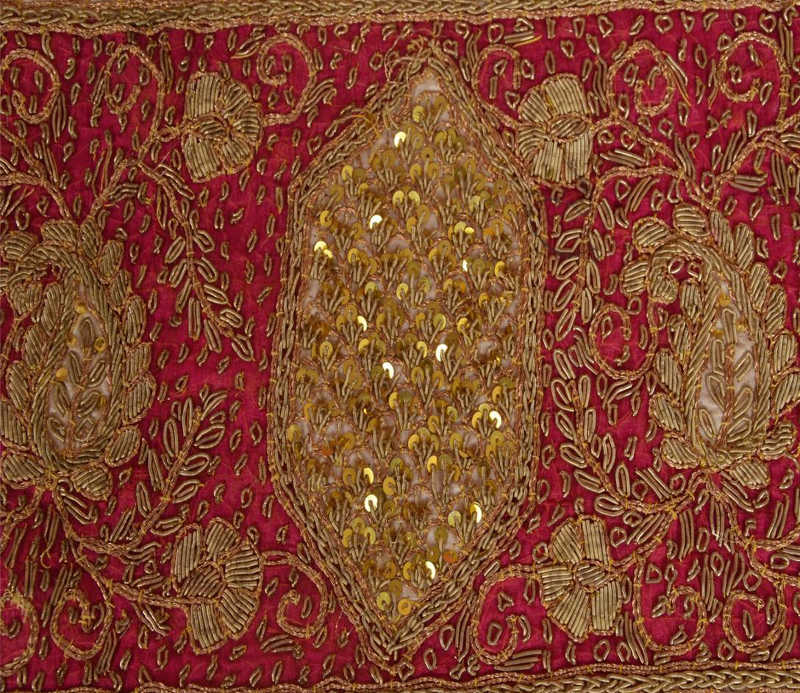===
0544,
6
===

=== |
 |
FWP:
SETS
MOTIFS
NAMES
TERMS == TRANSLATIONWell, the present verse is all right in its (notably unsubtle) way, but to my mind not very inspiring. I don't care for its overly obvious structure, for the same reason that I'm not fond of Ghalib's
G{230,10}.
But the Mir verse that SRF cites from the second divan simply blows me away. I love it so much that I decided to add it (and then a few other verses from its ghazal) to the website as a main commentarial selection:
{775,5}.
Note for translation fans: Remember that, alas, pyār karnā can't be translated straightforwardly. It doesn't at all mean 'to make love' in the modern English sense. It no doubt has behavioral aspects, but refers not to physical sex, but to something more like flirting or cajoling.